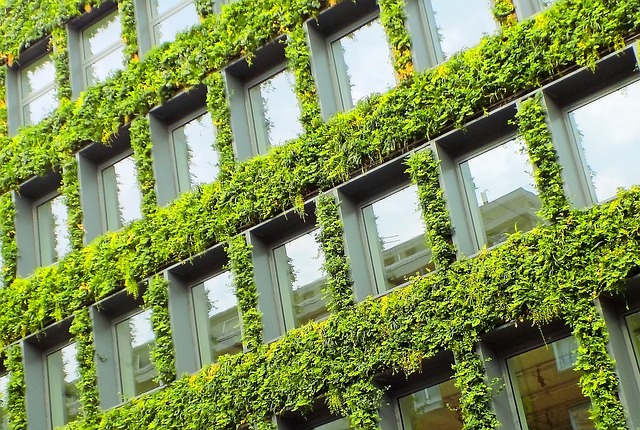In an impressive move, Jiangsu Province has committed a hefty 260 million yuan from its special urban and rural construction fund to promote green building initiatives in 2023. This financial boost is geared towards advancing green, eco-friendly, and high-quality development, perfectly aligning with China's ambitious "3060" dual carbon targets. These targets emphasize the crucial role of green development in reducing energy consumption, particularly within the realm of buildings, notorious for their significant energy footprint.
Key Takeaways:
- Jiangsu's Green Commitment: Jiangsu Province's substantial investment of 260 million yuan in green buildings underscores its commitment to eco-friendly, high-quality development, aligning with China's ambitious carbon reduction goals.
- Challenges and Solutions: While green building initiatives face hurdles like strict standards and cost concerns, the path forward involves balancing user-friendly smart technologies and fostering a market ecosystem that genuinely supports sustainability.
- Integration for Efficiency: The recent WieTec event shed light on the importance of integrating comfort systems in buildings, offering insights into construction standards and practical applications, paving the way for genuine comfort and energy savings in our built environment.

The journey towards green buildings is not without its challenges. Real estate companies find themselves navigating strict standards, even with a 3% subsidy aimed at super-efficient homes in Shanghai. The cost factor looms large in the effort to promote green buildings, raising the pivotal question: How can we drive their development and ensure their long-term sustainability post-investment?
To tackle these hurdles head-on, we must focus on two key areas: enhancing user-friendly smart technologies and upgrading professional systems for green building transformations. Equally critical is fostering a market environment that genuinely supports green development rather than merely paying lip service to environmental concerns. Companies must lead the way in creating a robust market ecosystem for green buildings, motivating more participants to adopt sustainable practices and driving a shift from the top down.
Building on these critical themes, the WieTec event recently hosted a special live broadcast titled "Analysis of Comfort System Integration under the Low-Carbon Concept." Distinguished speakers, including Wang Yonghong from the Environmental Energy Institute of the China Academy of Building Sciences, Cheng Xuan from the Low Carbon Institute of Shanghai Academy of Building Sciences, Zhang Haiwu, a technical service engineer at DuPont Household Water Purification, and Jin Yicheng, the Director of the Lanshe House Project, shared valuable insights on construction standards, acceptance criteria, design strategies, and practical applications. This event provided clear guidance on integrating comfort systems into buildings, ensuring both comfort and energy efficiency.
As concerns over carbon emissions from buildings continue to grow, China's construction industry has been actively implementing policies to promote the development of green buildings. Delivering a high-quality indoor environment that enhances health and comfort necessitates comprehensive considerations, including water management, energy efficiency, air quality, HVAC systems, and smart controls during both the design and operational phases. Establishing rigorous quality acceptance standards for building energy-saving projects is a pivotal step towards their success. This forum shed light on these standards, offering insights into design plans and real-world applications, steering us toward a future of genuine comfort and energy savings in our buildings.
Jiangsu Province's resolute commitment of 260 million yuan to advance green building initiatives aligns seamlessly with China's "3060" dual carbon targets, emphasizing the pivotal role of eco-friendly development in reducing energy consumption. The recent WieTec event further illuminated this journey, highlighting the importance of integrating comfort systems into buildings for genuine comfort and energy savings.
As concerns over building carbon emissions intensify, China's construction industry champions green building policies, recognizing the need for comprehensive strategies encompassing water management, energy efficiency, air quality, HVAC systems, and intelligent controls. Establishing stringent quality standards for energy-saving projects emerges as a vital step toward their enduring success.
Stay tuned for more similar live broadcasts and events brought by WieTec!


